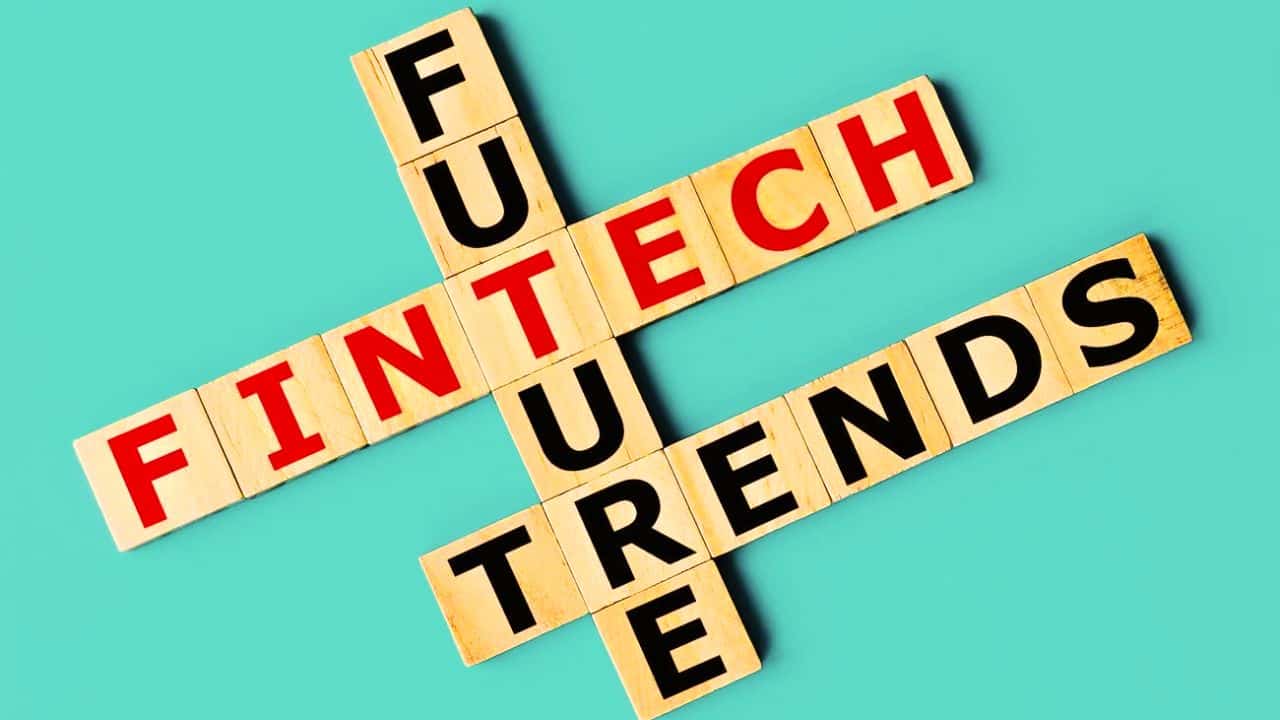As technology continues to advance at an unprecedented pace, the financial technology (fintech) sector is poised for transformative changes. Looking ahead to 2035, several key trends are set to redefine the landscape of finance.
From the rise of autonomous financial ecosystems and universal digital currencies to the development of quantum-safe security measures, these innovations will revolutionize how we manage and interact with money.
This article explores the top fintech trends that will shape the future of finance over the next ten years, highlighting the exciting possibilities and challenges that lie ahead.
Autonomous Financial Ecosystems
Over the next decade, artificial intelligence (AI) is expected to evolve from its current role in assisting financial decision-making and automating customer service to autonomously managing entire economic systems.
These systems will integrate services like dynamic risk assessment, asset management, financial forecasting, and fraud detection, all managed by advanced, centralized AI.
This will significantly reduce the need for human intervention, as these autonomous systems offer hyper-personalized services based on a deep understanding of individual customer circumstances.
However, this shift raises ethical concerns about privacy, data protection, and the potential amplification of systemic bias by AI.
Universal Digital Currencies
As we approach 2034, the mainstream adoption of universal digital currencies seems increasingly likely. This could stem from the steady rise in popularity of cryptocurrencies like Bitcoin or the development of central bank digital currencies (CBDCs).
These digital currencies will enable peer-to-peer transactions without intermediaries like banks or payment providers. Additionally, smart contracts-powered programmable money will automate transactions after meeting predetermined criteria, such as the delivery of goods or the completion of a job.
The next ten years will reveal how these innovations impact traditional financial systems and foster financial innovation.
The Virtual Economy
With our lives becoming more intertwined with online environments, virtual economies are expected to flourish. By 2035, entire virtual economies may emerge, complete with their own currencies, financial systems, and regulatory frameworks.
User-generated content, virtual jobs, and blockchain-based transactional systems will be the driving forces behind these economies. As virtual worlds become more immersive and accessible, the ownership of virtual real estate and digital assets will continue to grow, creating new opportunities and challenges in the financial sector.
Quantum-Safe Finance
The development of quantum computers, which can perform calculations millions of times faster than conventional computers, poses a significant threat to current encryption systems.
Over the next decade, creating security systems capable of withstanding quantum computing attacks will become crucial. By 2035, quantum computers could be vastly more powerful and accessible, making the development of quantum-safe encryption methods a top priority for banks and financial services institutions.
This area will be a hotbed of fintech innovation as companies strive to protect transactions and private information from these advanced threats.
The Rise of Bio-Fintech and Neuro-Fintech
The convergence of biotechnology, neurotechnology, and fintech promises to revolutionize the financial industry over the next decade. This could include financial tools and applications operated through brain-computer interfaces (BCIs), allowing transactions to be executed with a thought or a handshake.
Enhanced biometric security will protect data and identity, while biometric and neurological information will improve fraud detection and enable personalized financial products.
However, this raises significant ethical concerns about the extent to which banks and financial institutions should access our biological and neurological data.
Final thoughts
As we look toward 2035, the fintech landscape is poised for transformative changes. Autonomous financial ecosystems, universal digital currencies, virtual economies, quantum-safe finance, and bio- and neuro-fintech are set to redefine how we manage and interact with our finances.
While these advancements promise greater efficiency and personalization, they also bring ethical and security challenges that must be addressed. The next decade will be an exciting and pivotal period for fintech, shaping the future of finance in profound ways.




































